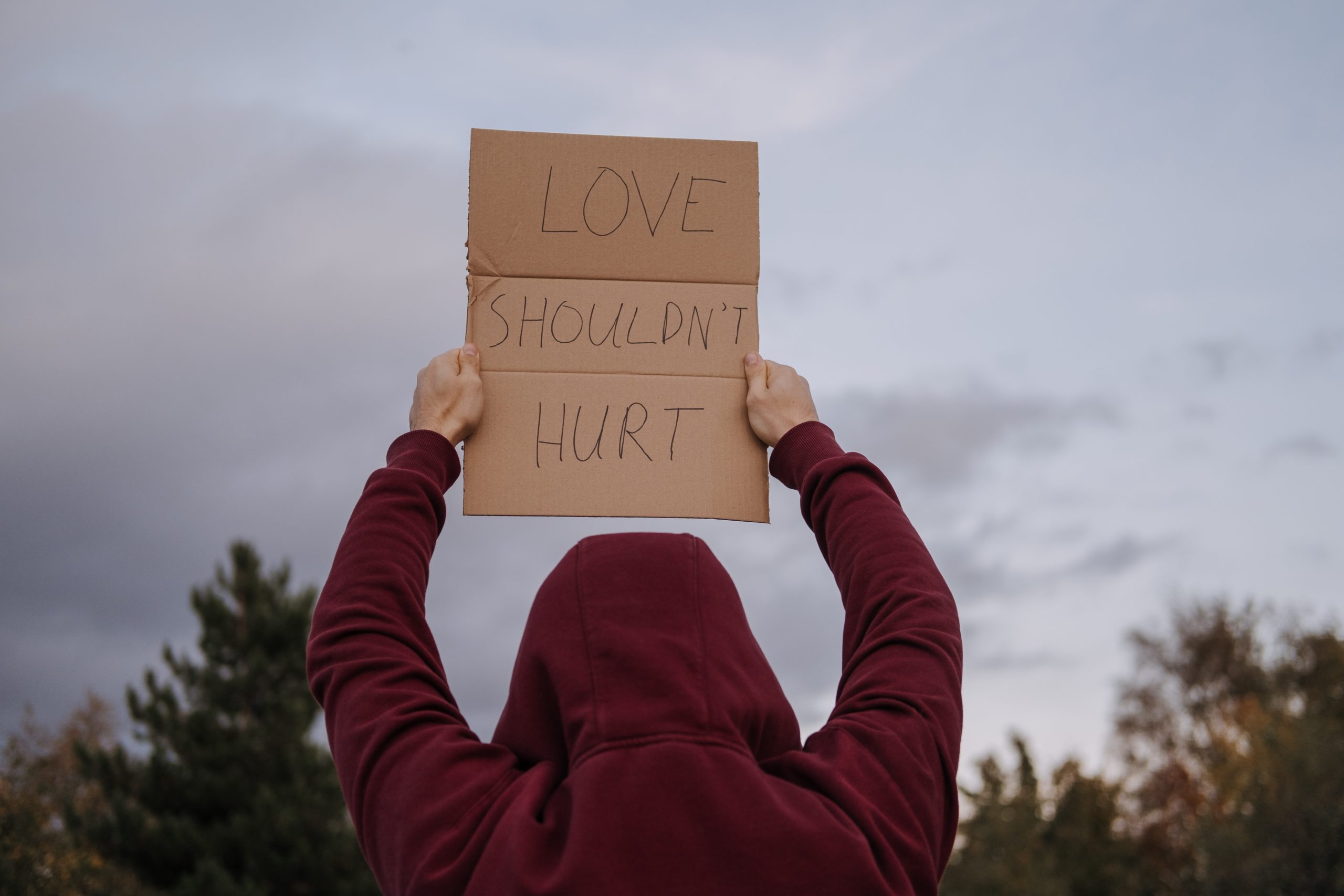Abuse isn’t only physical:
Everyone wants good relationship, whether in their personal life or at work, but sometimes it’s hard to realize that you’ve gotten yourself into a bad one.
If your partner is physically assaulting you, it’s clear that you’re in an abusive romantic relationship; if your boss is constantly screaming at you, it’s obvious that you’re in an abusive professional relationship. But what about the more subtle forms of abuse?
An emotionally abusive relationship can be just as damaging as a physically abusive one, but it can also be more difficult to identify. You’re likely to stick around longer with someone in your personal or professional life who’s abusing you in more subtle ways.
It’s important to recognize the signs of emotional abuse, as this will help you to get away from a toxic lover, colleague or boss, and do it sooner than later.
10 signs that you’re in an emotionally abusive relationship:
1. They’re hyper-controlling. It’s their way or the highway, and there’s no room for any disagreement on your part.
2. They’re unreasonable. You can’t negotiate your needs with them because they’re always defensive about feedback and they never seriously consider your point of view.
3. You feel the need to tip-toe around this person. You’re scared of their volatile temper or their propensity to punish you over perceived “offenses.”
4. They flip-flop from super-charming to ice-cold and unfeeling. Their unpredictable behaviour is destabilizing, confusing and utterly manipulative.
5. They undermine your confidence and self-worth. They make you doubt your intelligence, value and abilities.
6. They isolate you from others. They try to keep you away from anyone who would contradict their negative view of you.
7. They guilt you over your self-care. They play the victim card when you stand up for yourself, calling you “abusive” or “controlling” when you set a limit or express displeasure over how they treat you.
8. Their needs always come first. Your needs are seen as foolish, excessive or unreasonable, whereas their needs are always valid and essential.
9. They gas-light you. They constantly pull the rug out from under you and make you think that you’re the one with the problem.
10. They don’t listen. No matter how hard you try, you can’t get through to them.
These are the 10 signs that you’re in an emotionally abusive relationship. If you’re experiencing one or more of these things, you ought to think about why you’re still staying in this relationship.
Why you need to leave, now:
If it’s a professional relationship, you might be worried about not finding other work, but the longer you stay in the job, the less confident and competent you’ll feel, so it’s better to get out sooner, when you still have a shred of self-belief.
The longer you stay, the more likely you are to become so demoralized that you live in a constant state of self-doubt.
Abusive workplace relationships never bring out your best. In fact, you might be constantly second-guessing yourself and starting to make stupid mistakes. That’s why you have to get out ASAP.
If it’s an abusive romantic relationship, you might think that this is the best you deserve. It’s not. You might think that there’s no-one else out there for you. That’s totally untrue.
The longer you stay in this relationship, the lower your self-worth will drop and the more willing you’ll be to tolerate the abuse.
Abusive romantic relationships make you increasingly miserable, whereas romance is supposed to make you happy and fulfilled. That’s why you need to get out, immediately.
How to leave:
In a professional situation, it’s always best to try and find another position before leaving the one you’re in. Take your time and plan out your exit for the minimum of financial and professional repercussions.
In a romantic relationship you need to ask yourself if your partner makes you feel unsafe. Never put yourself in harm’s way by underestimating their capacity for violence. Too many people die because they’re in denial of their partner’s capacity for harm. If you feel unsafe, find a way to strategically get out while ensuring your physical and emotional security.
The other thing you need to know is that you don’t owe your abuser an explanation — or anything else, for that matter — and they don’t need to understand or appreciate why you’re leaving. It’s best to be as brief as possible and not go into detail, as you don’t want to provide grounds for an argument.
Don’t explain, don’t justify, and don’t wait for their approval. Just get out.
Zero tolerance for abuse of any kind:
You should never have to tolerate emotional, physical or any other type of abuse in any of your relationships.
Sometimes, you might think that because you did something wrong before, now you deserve to be mistreated. That’s completely false. No matter what mistakes you might have made, you never deserve to be mistreated.
If someone is angry or upset with you, there are kind and respectful ways to give you feedback. The other person is even free to reject you or to fire you. But, there is no excuse, ever, for someone to mistreat you.
The flexible psyche:
Our psyche is tremendously flexible and it adapts to our environment. If we’re constantly being affirmed and supported, we develop greater self-confidence, competence and self-worth. If we’re constantly being criticized and undermined, we develop insecurity, inadequacy and anxiety.
The problem is that the longer you stay in an abusive relationship — whether personal or professional — the more you start to believe the criticisms and the put-downs.
That’s why the sooner you leave, the better. You can escape the mistreatment and have a fighting chance of recovering your self-worth, finding happiness and fulfilling your true potential.
___
Sign up here for my free biweekly wellness newsletter that brings you fresh, thought-provoking content.
Subscribe to my YouTube Channel where you’ll learn simple tips for taking the best care of yourself and your loved ones.
Tune in to my Ruthless Compassion Podcast where I go in-depth about topics like mental health, trauma, and loneliness.






